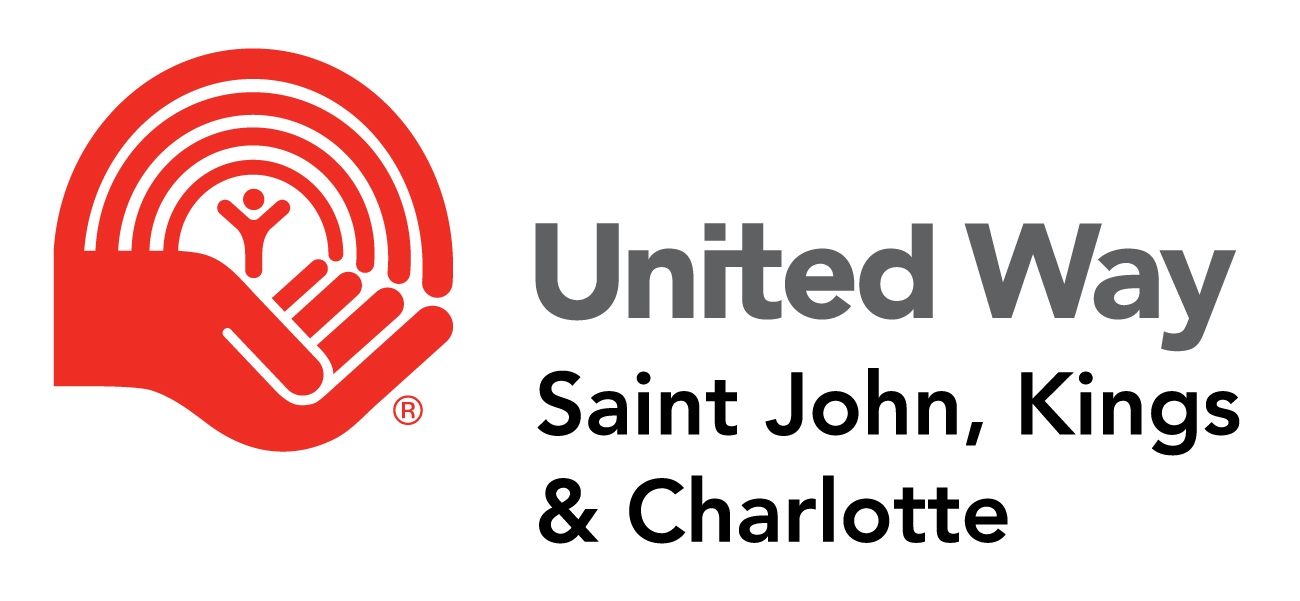
The road to hell is paved with good intentions. A little extreme, perhaps. Relevant to community organizations, unfortunately so. Everyone who works in the community sector does so because we care and want to make a difference. What separates good and great? Leadership. In our world, leadership comes in two flavours, staff and board.
In my experience, most of the time the leader of a community organization feels their board is at best work and at worst harmful. We feel so strapped for time, caught in our little hamster wheel, that keeping a group of well-intentioned volunteers informed enough to give us good advice can be as challenging as that mosquito that you can’t find at night.
We hear horror stories of boards gone rogue. As is usually the case, this is an extreme outlier. I have known dozens of boards and I would say they fall into a normal distribution. Most are ‘ok’. There are a few at the extremes; really good and really bad.
Really bad looks like extreme disengagement or willful interference for personal (often emotional) gain. Look to the Performance Imperative, for a guidebook to great. “Executives and boards embrace their responsibility to deliver meaningful, measurable and financially sustainable results. Executives and boards constantly assess not only what the organization should be doing but also what it should stop doing.” We’re doing good, but are we doing good enough?
Please challenge staff leadership and the organization. I know you don’t get paid, but its your job. With that said, make sure your challenge is for the right reasons; to achieve optimal performance and not a power trip.
If we are performing well, make sure we feel the love, are properly remunerated, and that we’re doing ok: this really is hard work. We are human and we care deeply about our work; but we’re not martyrs and we need to perform. If we are not performing, act. You owe it to our clients.
We should always be doing a better job, no matter how good we are to begin with. I realize this sounds tiring, but if work anywhere is worth this discipline it’s the work of improving human lives.